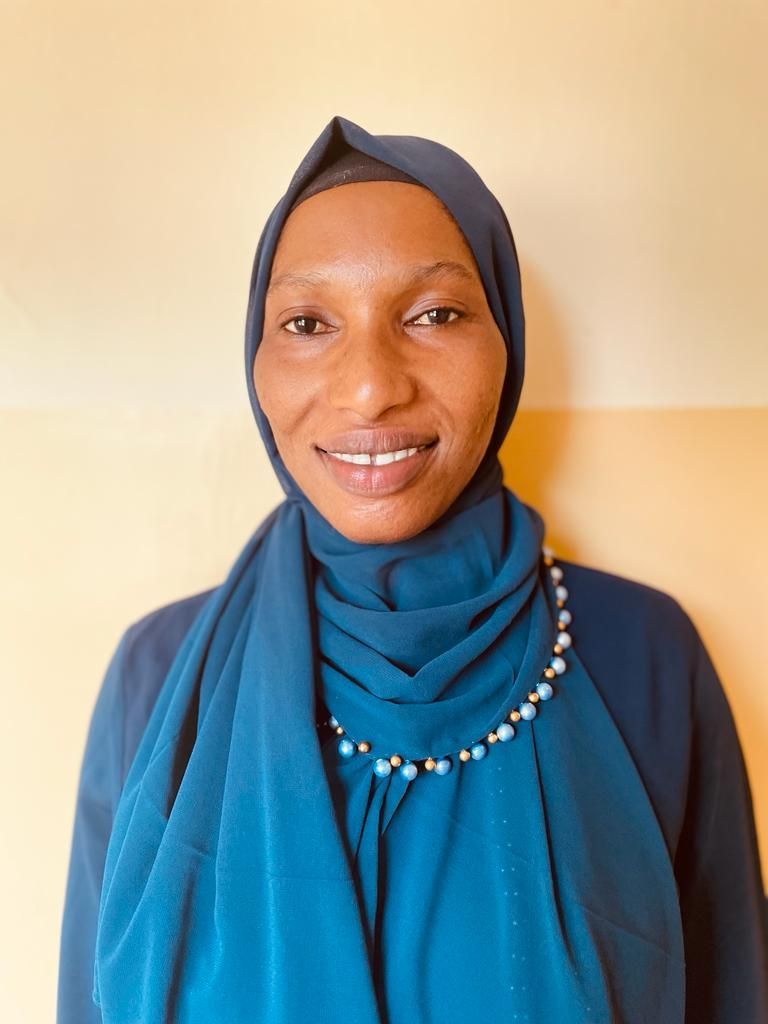K Baldeh Adama is a teacher in Armitage Senior Secondary School, Jangang Bureh, Central River Region SS The Gambia.
Women and Girls’ Education
Over the years, significant strides have been made to make education accessible to girls in the Gambia. There have been achievements as quite a good number of girls have been enrolled in primary school and there is provision of free education for girls in public schools up to high school level. This was geared towards the attainment of gender parity and SDG4.
However, there are numerous obstacles to girls’ education, particularly in the rural areas, ranging from social, cultural and economic issues that put them at a disadvantage.
Cultural practices such as forced marriage, female genital mutilation and cutting discrimination, excessive household chores and gender stereotypes have been barriers to the education of rural girls. As a result, they do not acquire the knowledge and skills needed to compete in the labour market; nor gain socio-emotional and life skills to navigate and adapt to a changing world.
I was the first female in my family to go school, from a community where girls’ education was not given as much consideration as that of the boys. These are some of the challenges I had to conquer. I needed to break the cultural barriers that limit the girl-child to only the matrimonial home and allow me to reach the level where I am today, making an impact in any ways I can. Little did I know I would reach this far but the passion to make a difference in my life through education and the support from educators who spotted the potential in me, made the journey possible.
Poverty is another factor affecting the education of rural girls. A large percentage of girls in rural Gambia are from underprivileged families. As a result, the girls lack the required economic support to pursue their education.
Also, the lack of, or limited access to transportation, prevent some rural girls from attending schools located far away from their homes. They are forced to walk long distances which renders them exhausted, they are usually not regular and not punctual. as their parents cannot afford bicycles or other means of transportation and this affects their academic performance. Therefore, boys continue performing better in school and become most productive in the communities while girls drop out or are withdrawn from school for marriage. These are reasons why some of my female school mates and my students who travel kilometers to school, drop out or opt for transfers to the urban areas where guardianship becomes an issue, thus exposing them to more dangers in the city. A rural girl who is not accustomed to city life is in most cases taken advantage of.
Aside from teaching, female teachers can play vital roles in schools. They can guide, coach and mentor girls and thus serve as role models. The absence or limited numbers of women in leadership roles and teaching positions in the rural areas can limit girls’ aspirations and opportunities.
There are several ways to address barriers and ensure that girls and women attain equality and equity in education. This can be done by removing financial barriers, providing scholarships and transportation facilities to make school more accessible.
The cultural and societal norms that hinder girls’ education can be challenged and transformed through sensitization, campaigns, community engagement and involvement of local leaders and influencers in promoting girls’ education. It will also be important to establish mentorship programs that connect girls with successful women who can inspire them. Role models and mentors help girls envision their potential and pursue their goals.
Coming from a rural area and having experienced some of these challenges, I opted for a rural posting so that in addition to teaching, I could conduct activities that are meant to empower rural girls, build their self-esteem and boost their confidence. This is made possible through the clubs I coordinate and through my engagement with the Gambia Teachers’ Union. My passion for girls’ education is fulfilling.
This article first appeared in Engage 27.





